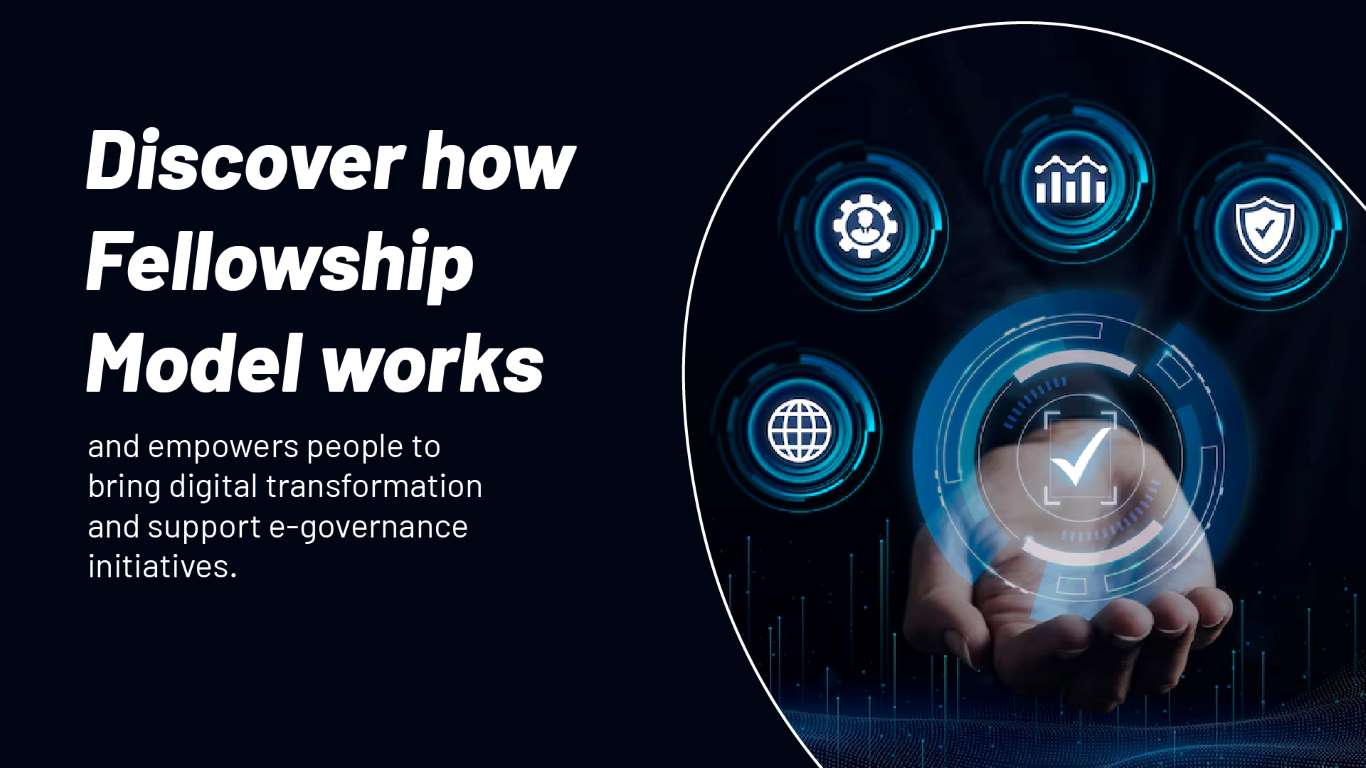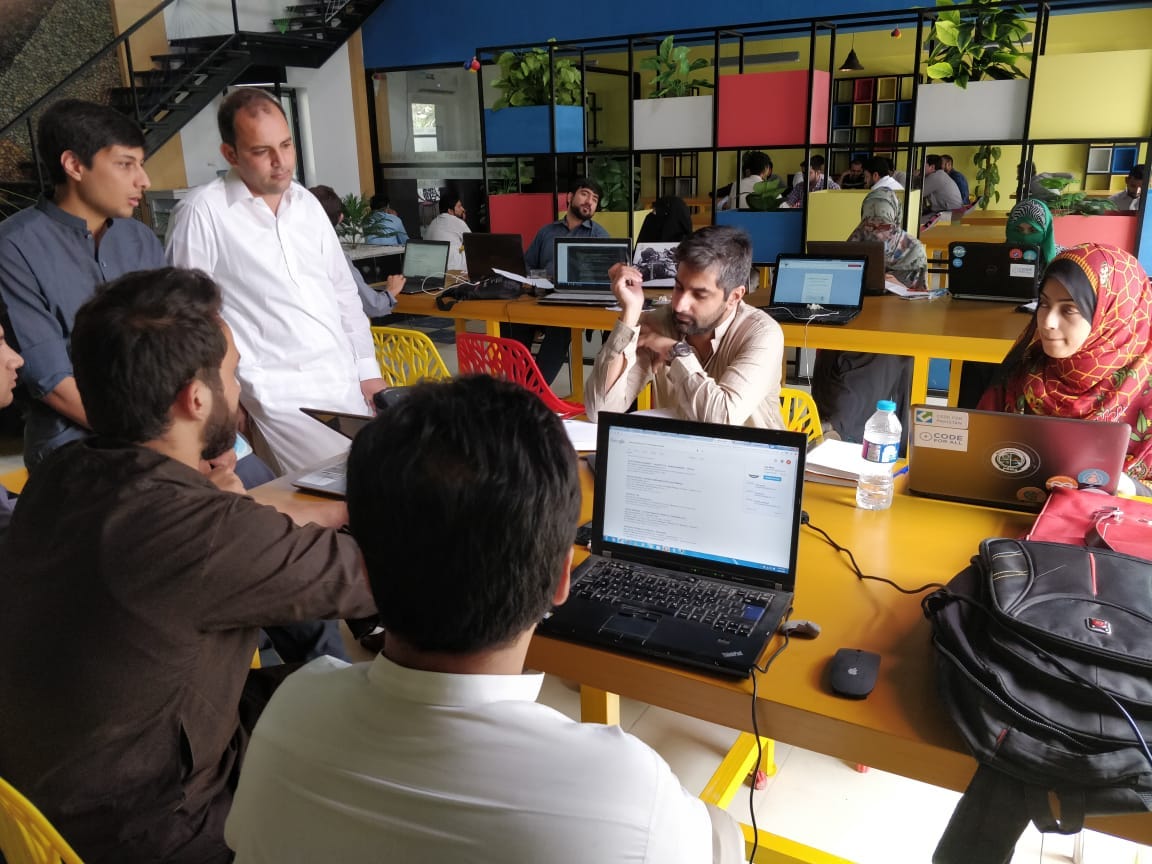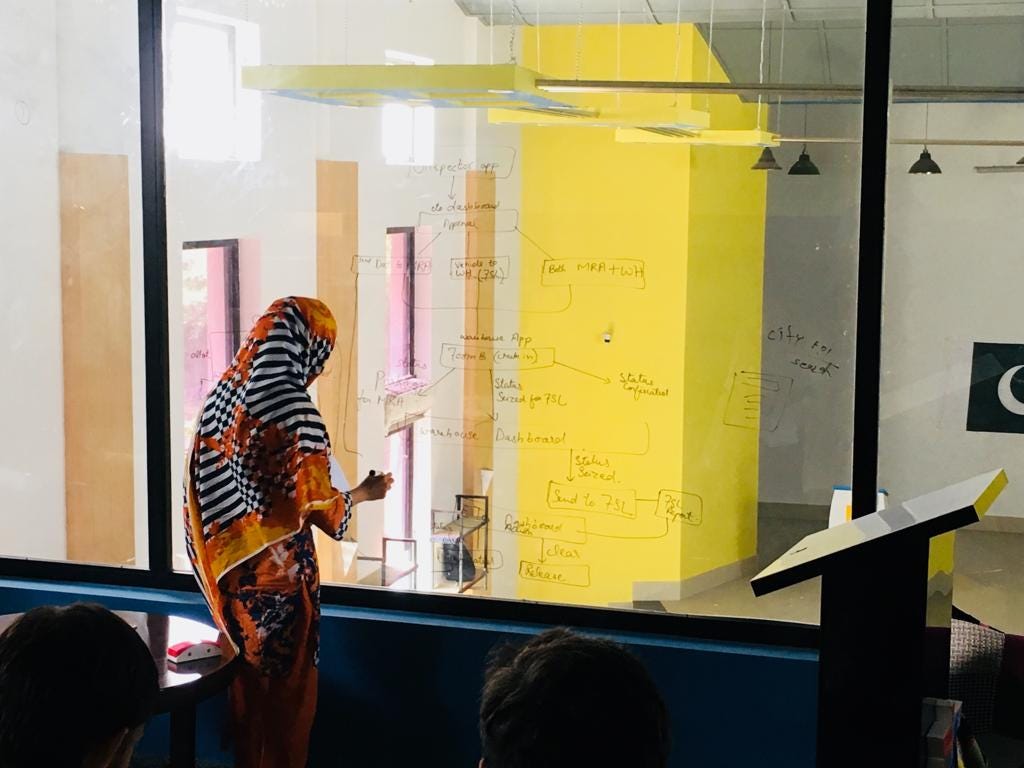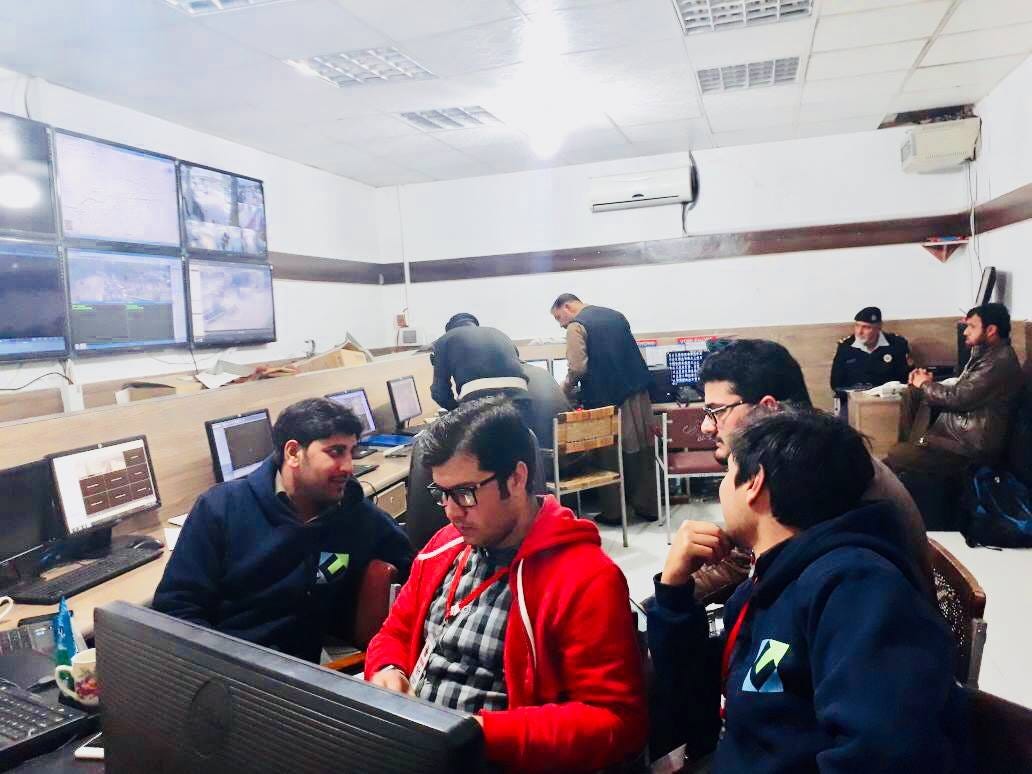
Have you ever been involved in a traffic accident that turned into a physical fight because the police did not arrive in time?
Have you ever had a medical emergency and were clueless about how to call for an ambulance?
Have you ever matched your electricity and gas bills to your meter to find charges that do not reflect your household usage?
Have you ever had a water and sanitation issue in your area which took ages to be sorted out by government departments?
Living in the twenty-first century, accessing the world through mobile phones, one wishes to be able to solve these problems with a click of a button. While it is true that solving day-to-day issues of the citizens rests with the government; however, such issues take a backseat for a developing nation for whom priorities are economic growth, social development and financial empowerment. Call it a matter of national priorities or less tech-savvy leaders, digital empowerment cannot be comprehended completely by our leaders as being synonymous to economic development yet.
Alternatively, the responsibility also rests with the citizens of the state to realize their civic sense of duty and help the government. According to National Human Development Report (NHDR) launched by UNDP in 2018, out of the total population in Pakistan, 64% are below 30 years of age. Imagine the rate of development if a fraction of 64% contributes towards the digital building of the nation. A significant rise in STEM education has compelled Pakistanis to pursue a technology related degree. Why not use this education to innovate solutions? Why not contribute to make your life and your loved ones better by providing one-click digital solutions to the government. Why not be a civic innovator for the government, for the people?
What if there is a paid program that lets you to innovate for the government? One such Program is the KP Government’s Innovation Fellowship Program which is being run by the Khyber Pakhtunkhwa Information Technology Board(KPITB), Code for Pakistan (CFP) and the World Bank. This program focuses on innovation for the people through the people aiming to create digital solutions through citizens of a particular country and community.
Under the Fellowship, technology enthusiasts are carefully screened and selected by industry experts, donors and mentors. Starting in 2014, so far fourteen projects(with eight more to come in 2018) have been implemented by fifty young enthusiasts.


Just last year the Fellows created applications that have facilitated over 100,000 users in Khyber Pakhtunkhwa in just eight months. Meet Sohail Khan, a graduate of UET Peshawar, hailing from Lower Dir, who was part of the 2015 batch. He says he loved the clean selection process of the Fellowship and considers it a great opportunity for fresh graduates who want to learn on job.
When asked about the details of his project, he says that the Traffic Police needs to improve its performance for Traffic management and that can be done only if Police is able to understand the demands beforehand.
A team from the KP Government Innovation Fellowship Program, led by Sohail, proposed a solution that allowed the Traffic Wardens to report traffic accidents, traffic violations and the condition of the roads using a mobile application. The Traffic Police KPK were able to monitor the situation using the collected information and the department took steps like increasing workforce where more traffic violations were occurring and conducting traffic rules awareness campaigns.
One can sense pride in Sohail’s voice when he says that
“At our graduation ceremony, the IG of Traffic Police stated that the application has saved several lac rupees which would have otherwise been untraceable through corruption.”
The project is currently being enhanced and the future name will be “Raabta” as the enhancement will allow citizens to use this app to report accidents and call for help, enabling citizens to reach out to the government while also being able to verify their challan and license through the app and get access to traffic education resources.


From the four Fellowship cycles, working with the government departments and producing concrete results has created an environment of trust between civilians and the government. The biggest support comes from KPK IT Board in the shape of funding, from stipends of Fellows to the provisions of a fully equipped workspace. KPITB has played a crucial role in executing this program and helps liaison with the government departments such as Water Sanitation and Services Department to create a mobile application that will allow citizens to register complaints and follow-up on water and sanitation issues, with KPK Tourism Corporation to revamp their website allowing tourists to explore affordable options to visit northern areas, with Directorate of Industries and Commerce to digitize Government Records.
In the future, the goals are to expand Fellowship to other major cities, enhance interactions with other Code for All members and facilitate more trainings to government officials for effective use of technology. Code for Pakistan is a partner of Code for All, an international organization that spans across America, Asia, Australia, Africa and Europe. Code for All aims to create digital technology solutions through citizens of a particular country and community. Apart from the Fellowship, Code for Pakistan runs a number of initiatives in Pakistan, including hackathons, open data initiatives and civic innovation labs.
Creating sustainable solutions in this age go hand in hand with technology. It is the mission of KP Information Technology Board, Code for Pakistan and the World Bank to create civic technological mindset across the province. For this, wheels have already been set in motion with the KP Fellowship Program as well as the civic innovation labs which are being developed in major cities by Code for Pakistan. These programs will allow the brightest minds of this country to contribute towards technological advancement leading to a welfare state.
Written by: Amna Khan
A Technology enthusiast with the power of being a storyteller. Amna is a researcher of Innovation and Technology particularly civic tech. She teaches at Air University, Islamabad and can be reached at aamna.k@gmail.com and pk.linkedin.com/in/aamnakhan.